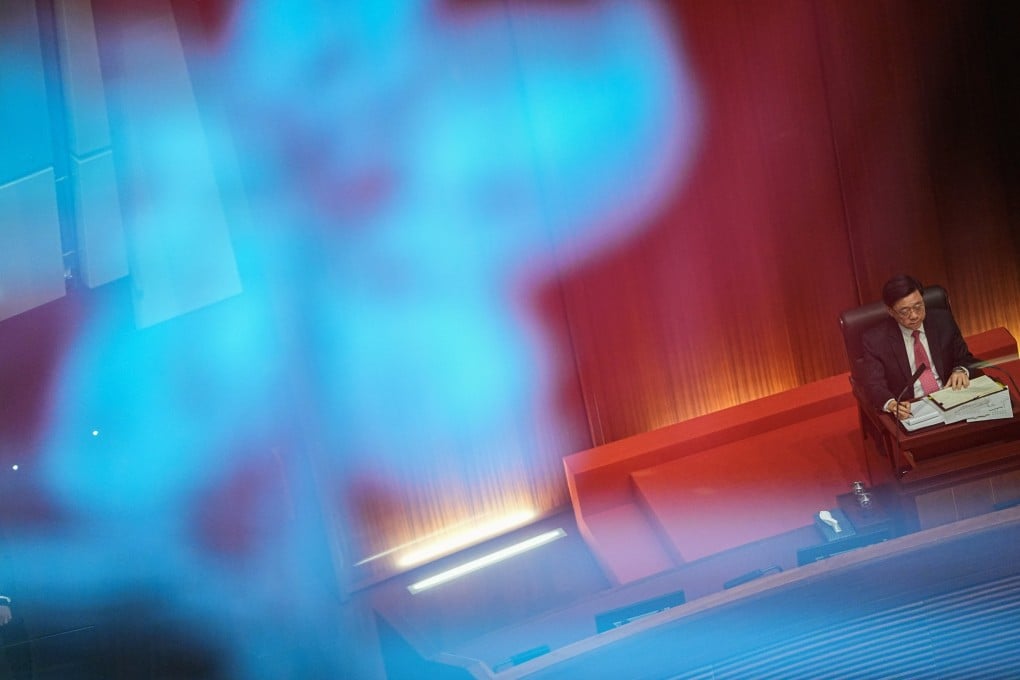Advertisement
Opinion | Another Article 23 national security law fiasco would shatter Hong Kong government’s credibility
- The government has already made a better start than in 2003 with its detailed public consultation document and promise to adhere to common law principles and protect fundamental rights
- Continuing efforts to clarify issues and reassure Hongkongers will be vital for success
Reading Time:3 minutes
Why you can trust SCMP
15

Like many other countries, China has a national security law. It has the power to extend it to Hong Kong by adding it to Annex III of the Basic Law, a law enacted by the National People’s Congress in 1990 setting out the arrangements for the “one country, two systems” formula under which Hong Kong is governed.
Advertisement
Yet, in view of the separate legal and judicial systems applied in Hong Kong, Beijing agreed that Hong Kong can have its own national security law and imposed a duty on the special administrative region to do so. This constitutional duty is laid out in Article 23 of the Basic Law, which requires Hong Kong to “enact laws on its own” to prohibit seven national security offences.
An inchoate attempt to fulfil this constitutional duty failed in 2003. Since then, national security legislation to implement Article 23 has been much maligned, misrepresented and feared. After dithering for over 21 years, the government made a heroic comeback on Tuesday and unveiled a consultation document much lengthier and more comprehensive than the 2002 version.
Should people be worried? Not unless one is predisposed to distrust and fear anything to do with China.
In the past 20 years, the advance of technology and geopolitical competition has compelled many countries to update and enact new national security laws to counter new threats. What Hong Kong is doing is no different from what many other common-law jurisdictions have done.

For example, mounting concern in Britain about hostile state threats led to the enactment of the National Security Act in July 2023. The new law updates legislation on the protection of official secrets and espionage, and introduced new offences of sabotage and foreign interference.

Advertisement
